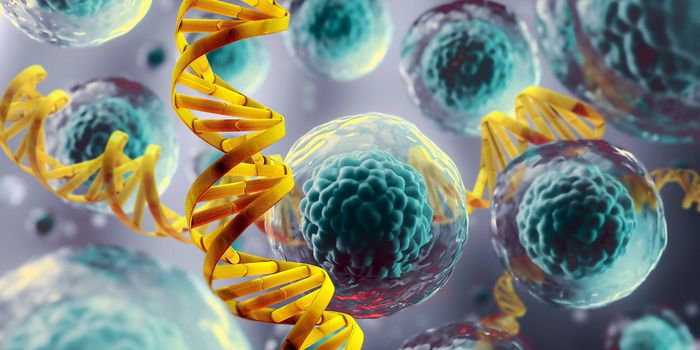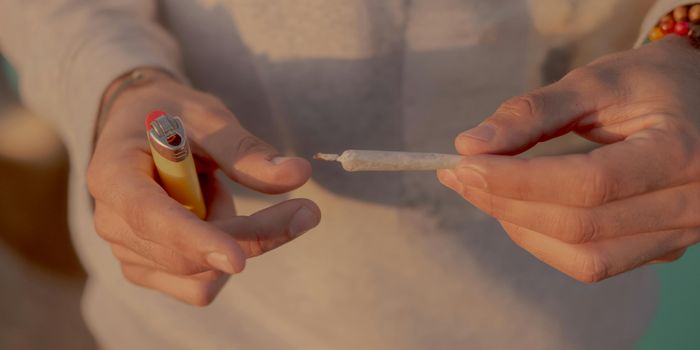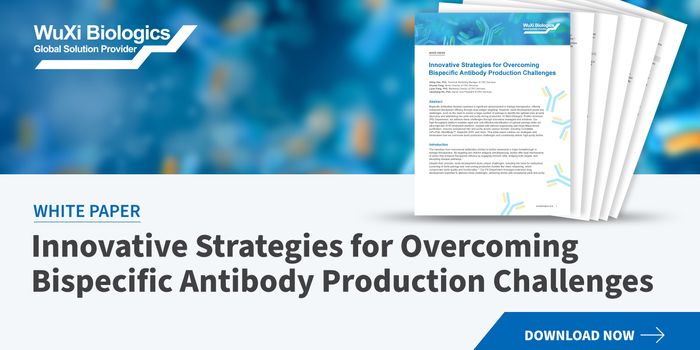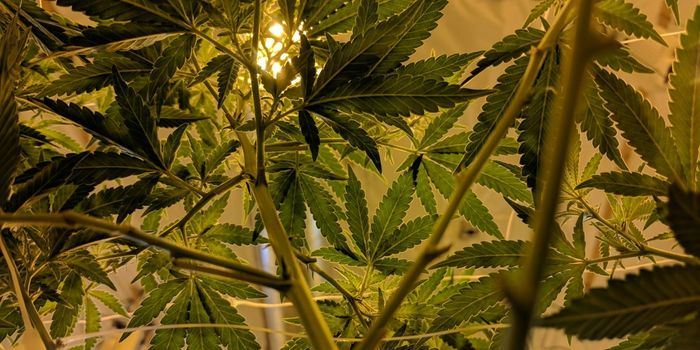Magic Mushrooms Pass First Clinical Trial Against Depression
With the efficacy of selective serotonin reuptake inhibitors such as Prozac increasingly coming under question, the search for new pharmaceutical treatments for depression is ongoing. Now, thanks to new research, the active ingredient in “magic mushrooms”, psilocybin, is one step closer to receiving treatment status.
In a double-blind study conducted by King’s College London and mental healthcare company Compass Pathways, researchers administered 10mg and 25mg doses of psilocybin or a placebo to 89 healthy adult volunteers. Following administration of either the drug or placebo, each participant was then given 1:1 support from a trained assisting therapist over a 6-hour session. In total, the researchers conducted 25 dosing sessions, with up to 6 participants per session.
During and after the experiment, researchers did not encounter any “serious adverse events” nor any negative side effects on cognitive and emotional function among the volunteers. The volunteers instead reported experiencing typical psychedelic side effects including changes in sensory perception and positive mood alteration.
With these results sustained after a 12-week follow-up period, the researchers feel that this study demonstrates the feasibility of administering psilocybin in a controlled setting to healthy participants alongside 1:1 support from a therapist.
Dr Ekaterina Malievskaia, Chief Innovation Officer and Co-Founder of Compass Pathways said, “This study is part of our overall clinical development programme in treatment-resistant depression; we wanted to look at the safety and tolerability profile of our psilocybin, and to look at the feasibility of a model where up to six 1:1 sessions are held at the same time. We are focused on getting psilocybin therapy safely to as many patients who would benefit from it as possible.”
Dr James Rucker, a lead investigator of the study from King’s College London said, "This is the largest controlled study of psilocybin to date. The results of the study are clinically reassuring and support the further development of psilocybin as a treatment for patients with mental health problems that haven't improved with conventional therapy, such as treatment resistant depression."
The first of two testing phases, the researchers now intend to conduct a second trial that will include over 200 patients with depression across Europe and North America.
Sources: PR Newswire, CNN and The Times









